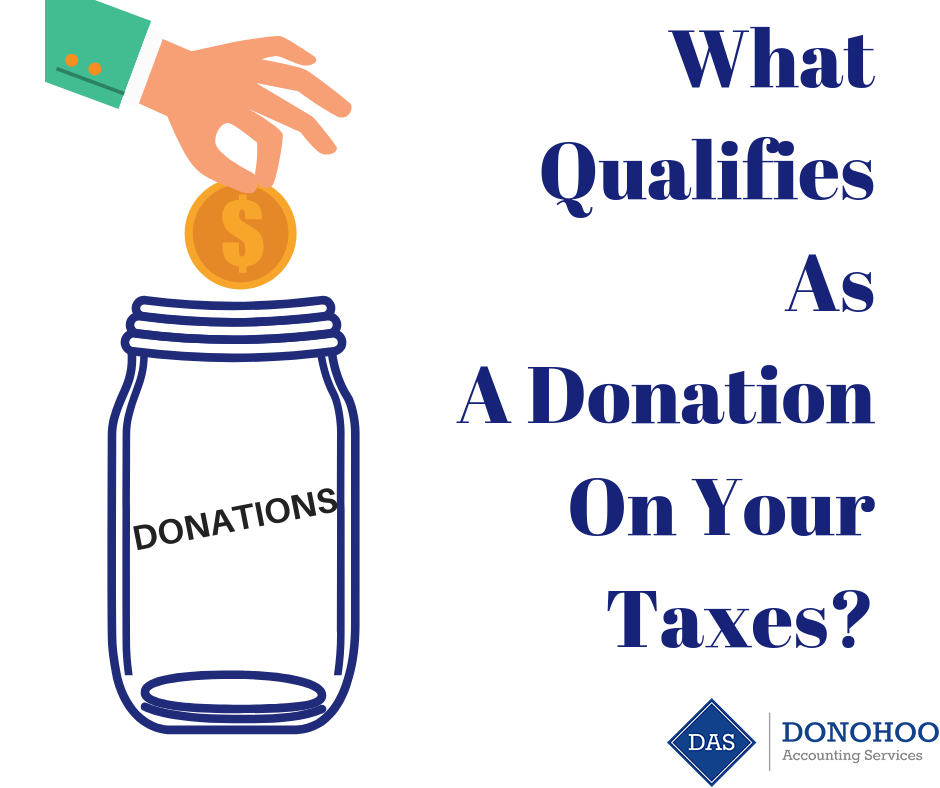Four Tips To Save For College
Depending on grades a great score on the ACT or SAT, your future college student could have a big scholarship in his or her future. If you – and your student – haven’t been saving for college, how can you save as much as possible before the first tuition bill arrives? Whether you have a short amount of time or a decade, these four tips will give you a start on how to save for college.
Start with a goal
A college savings goal consists not only of a dollar amount but also includes a date or deadline. The most common way to compute a college savings goal is to divide the total dollar amount needed by the number of years you have to save. Another popular goal-setting method is to multiply the student’s age by $2,000. This will give you roughly the amount you should have in savings to cover 50 percent of the student’s college expenses.
Use the 10 percent rule
Could you live on 90 percent of your household income for a period of time? Probably so. Most people could, simply by looking for ways to reduce their spending. While you budget to live on 90 percent of your take-home pay, the other 10 percent goes into an educational savings account (ESA), 529 college savings account or even an interest-bearing savings account (or some combination of these). Depending on your total household income, 10 percent a year could add up to quite a bit between now and the start of college.
Save income from part-time or summer jobs
Even better than the 10 percent rule is the 100 percent rule – but only make it apply to income earned from part-time or summer jobs that your student works. A student earning $8 an hour working year-round in a part-time job can earn up to $8,000 during a single year. That’s a sizeable contribution toward college expenses! Parents can double that amount by offering to match dollar-for-dollar the amount their student saves each year.
Sell unused and unwanted items
Collectibles, antiques and even used appliances have the potential to bring in a handsome sum when sold online or in yard sales. Put your family and relatives to work scouring their attics, basements, and garages for anything of value that can be sold to add to your college savings account. The more unused or unwanted items you can sell – even for small dollar amounts – will eventually add up to help meet college expenses.
Need help developing your college savings plan? Donohoo Accounting can get you started. Contact us today to schedule your free consultation or call 513-528-3982.
Check us out on Facebook, Twitter, and LinkedIn for our latest updates!

















